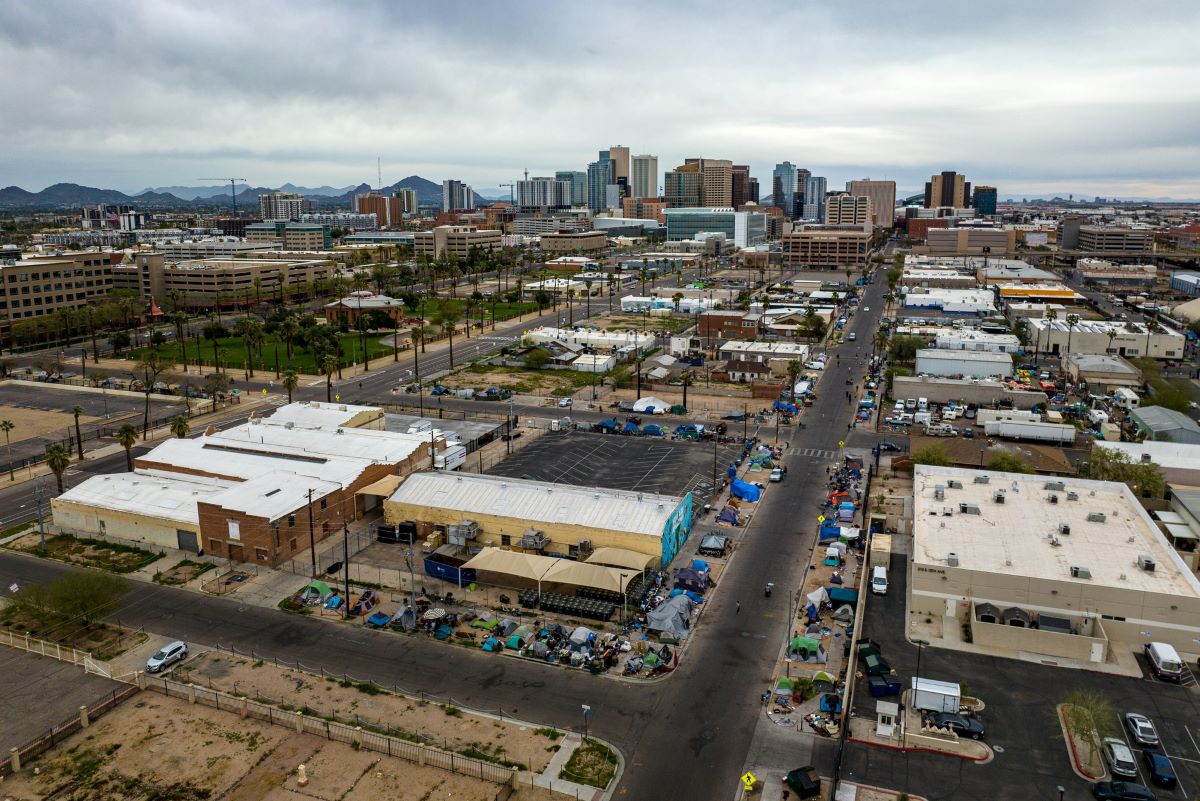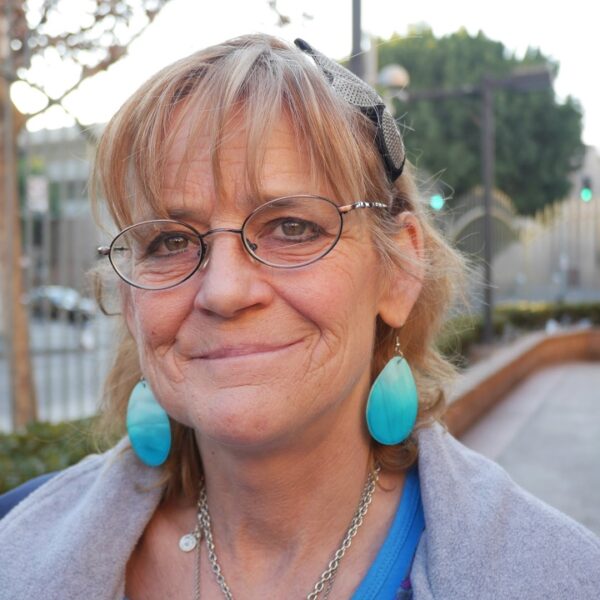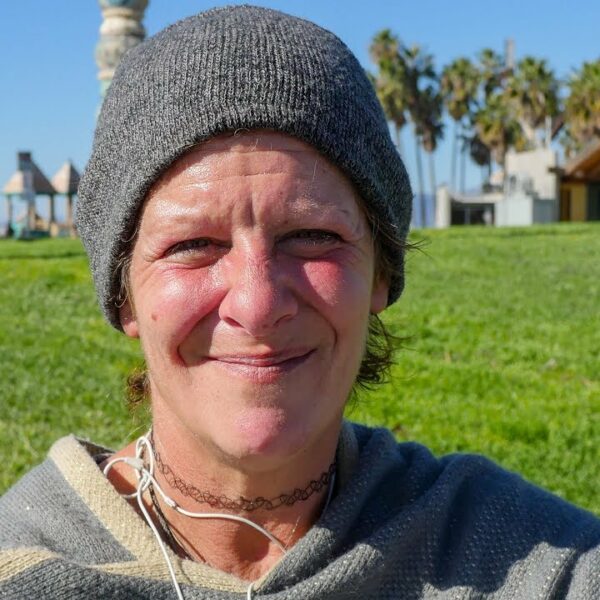Whether the City Will Stop Sweeps Altogether Is Unknown
The City of Phoenix has tentatively agreed to settle a federal lawsuit over its use of homeless sweeps, Arizona Central reported. But it’s unclear whether Phoenix will be required to stop the practice altogether.
Phoenix has been embroiled in competing lawsuits regarding how the city addresses homelessness for months. Even though courts across the country have generally ruled in favor of people experiencing homelessness in similar cases, very few lawsuits fully prohibit cities from sweeping future encampments.
The ACLU of Arizona initially sued Phoenix in November in a bid to stop the city from sweeping encampments of unhoused people. It also challenged the local quality of life ordinances that prohibited unhoused people from doing basic things like sharing food and lying down.
“Rather than finding real, lasting solutions to address homelessness, they have chosen to punish people for living outside, many of whom have already faced immense hardships and have no other options for shelter,” Ben Rundall, senior staff attorney at the ACLU, said in a press release at the time.
Just a month later, Phoenix was sued by local business owners who claimed an encampment known colloquially as “The Zone” was a public nuisance and asked a judge to order the city to clean it up. Judge Scott Blaney sided with the business owners on March 27 and told the city that it had to clean up the encampment by July 10.
In response to the order, a city spokesperson told 12 News, a local news station, that Phoenix officials remain “committed to addressing the needs of all residents and property owners.”
“We continue to work with local and regional partners to address the complex issues surrounding those experiencing homelessness and to connect people in need with safe, indoor spaces and resources to help end their homelessness,” the spokesperson continued.
While it remains unclear whether Phoenix will appeal the order, similar sweeps cases in other cities may provide a glimpse at what’s to come.
Denver has been sued multiple times by advocacy groups over the city’s treatment of local people experiencing homelessness. In 2019, Denver settled a three-year-old lawsuit called Lyall v. Denver which required the city to post notice of a sweep at least seven days in advance and provide storage spaces for people impacted by the sweeps.
However, the city is still allowed to conduct sweeps with as little as 48 hours notice for public health reasons. Furthermore, the 10th District Court found that it had no jurisdiction to enforce the settlement agreement.
Advocates sued Denver again in October 2020 over its use of sweeps during the Covid-19 pandemic. A three-judge panel on the 10th District Court ruled by a 2-1 margin that the plaintiffs had no standing to bring their constitutional claims in the first place.
Judge Veronica Rossman, the dissenting voice, questioned the majority’s view. Rossman argued that the court took “an extraordinary step” of raising a defense for the City of Denver, given that the city attorneys had not yet raised their defense on appeal.
According to federal data, rates of homelessness in the Denver metro area have increased more than 20%, up to nearly 7,000 people on a single night, since the city was first sued over its use of homeless sweeps in 2016.
The number of people experiencing unsheltered homelessness in the metro area also increased by 160%, from 797 people in 2016 to 2,078 in 2022.
San Francisco was sued in September 2022 for illegally disposing of homeless people’s property in sweeps.
The Lawyers’ Committee for Civil Rights of the San Francisco Bay Area, a nonprofit advocacy group, demanded the city stop arbitrarily throwing away homeless people’s stuff and instead focus on building more housing.
A federal judge ruled on December 23 that San Francisco had to stop performing sweeps while the case was heard. The San Francisco Chronicle reported on April 4 that the sweeps are still on hold, and city officials are searching for answers.
One city official told the newspaper that the ruling puts the city in “an untenable satiation, reaches beyond legal precedent, and exacerbates our homelessness crisis,” adding that San Francisco will appeal it.
How You Can Help
The pandemic proved that we need to rethink housing in the United States. It also showed that aid programs work when providing agencies and service organizations with sufficient funds and clear guidance on spending aid dollars.
Contact your officials and representatives. Tell them you support keeping many of the pandemic-related aid programs in place for future use. They have proven effective at keeping people housed, which is the first step to ending homelessness.













